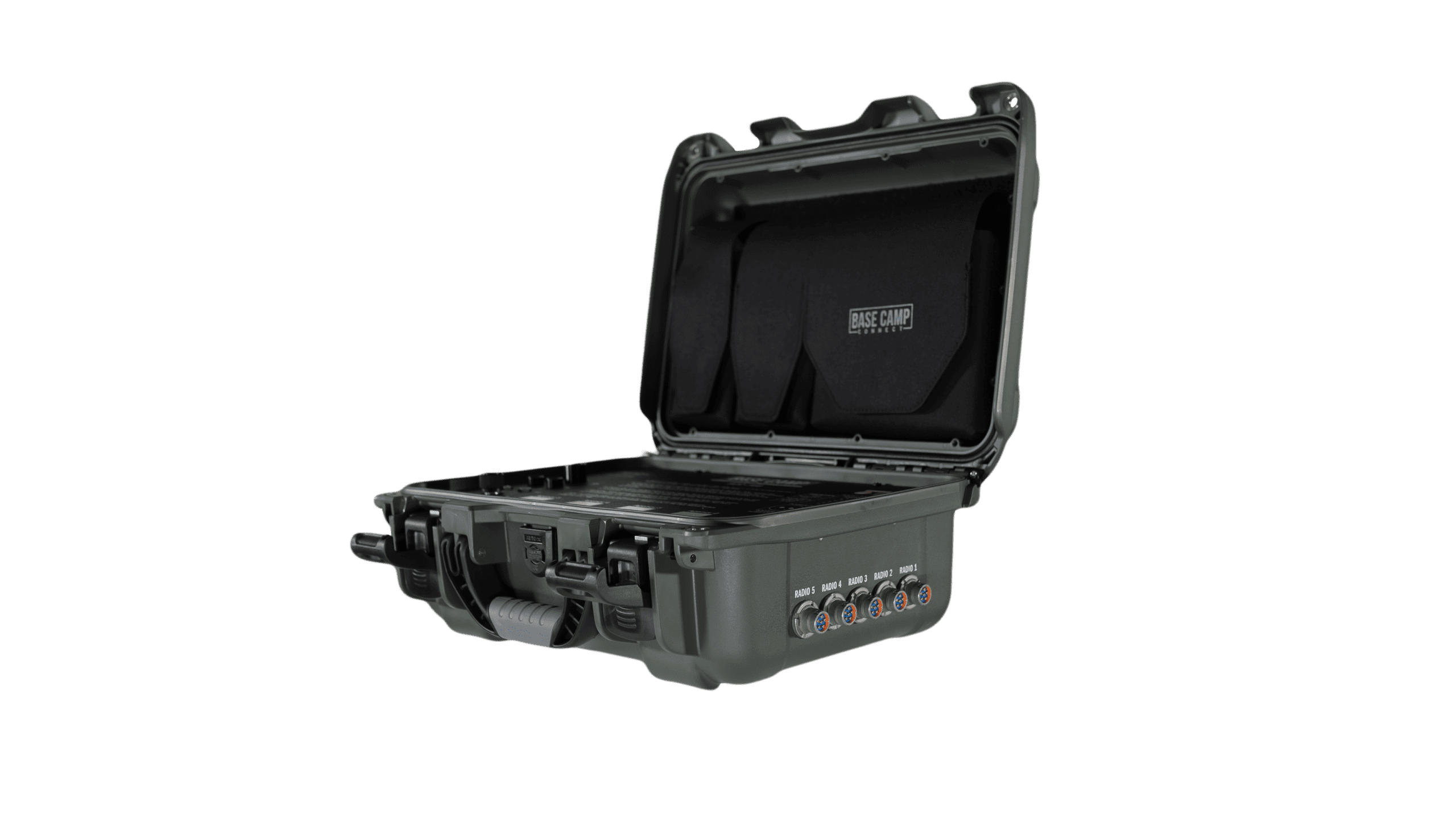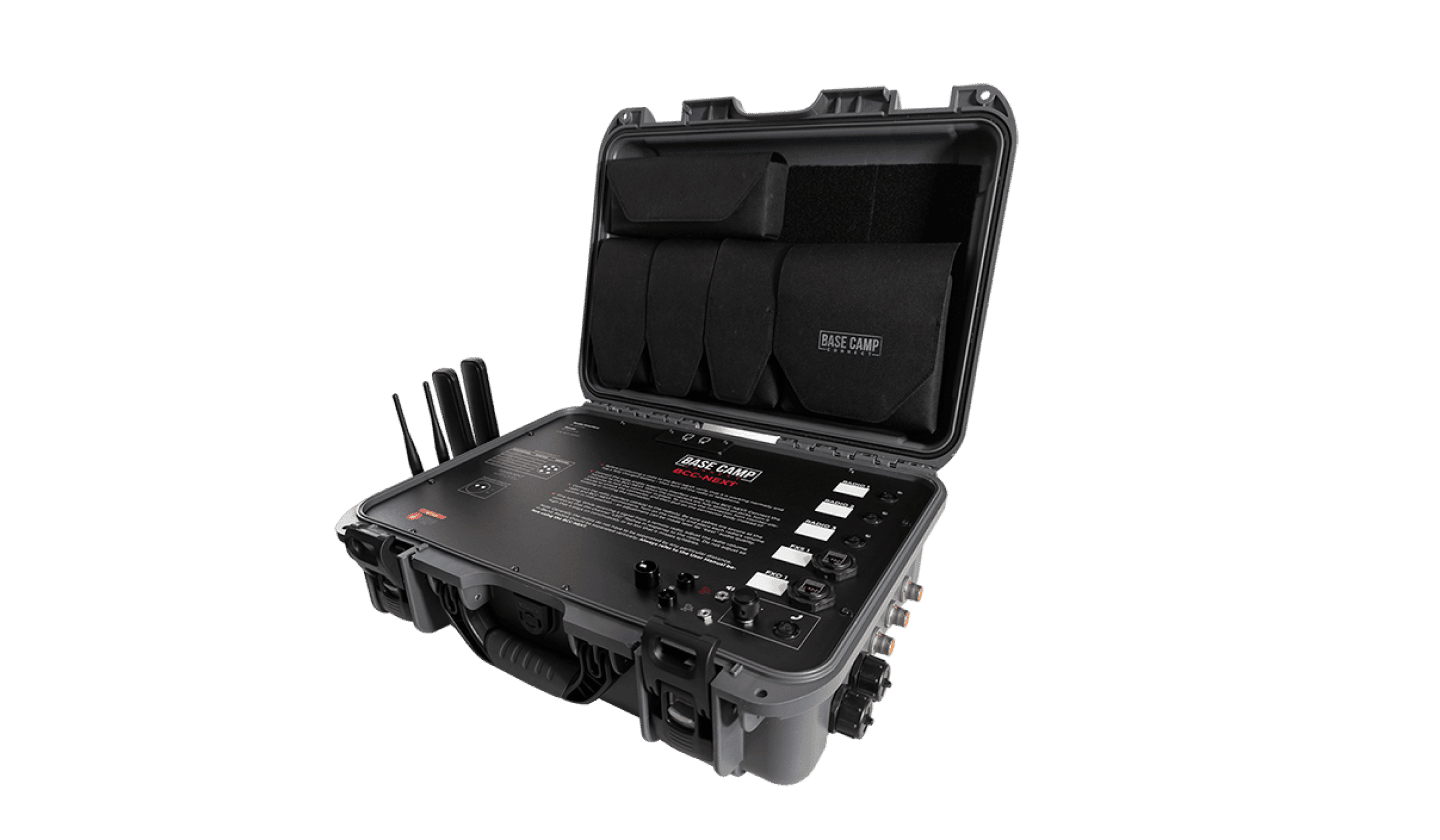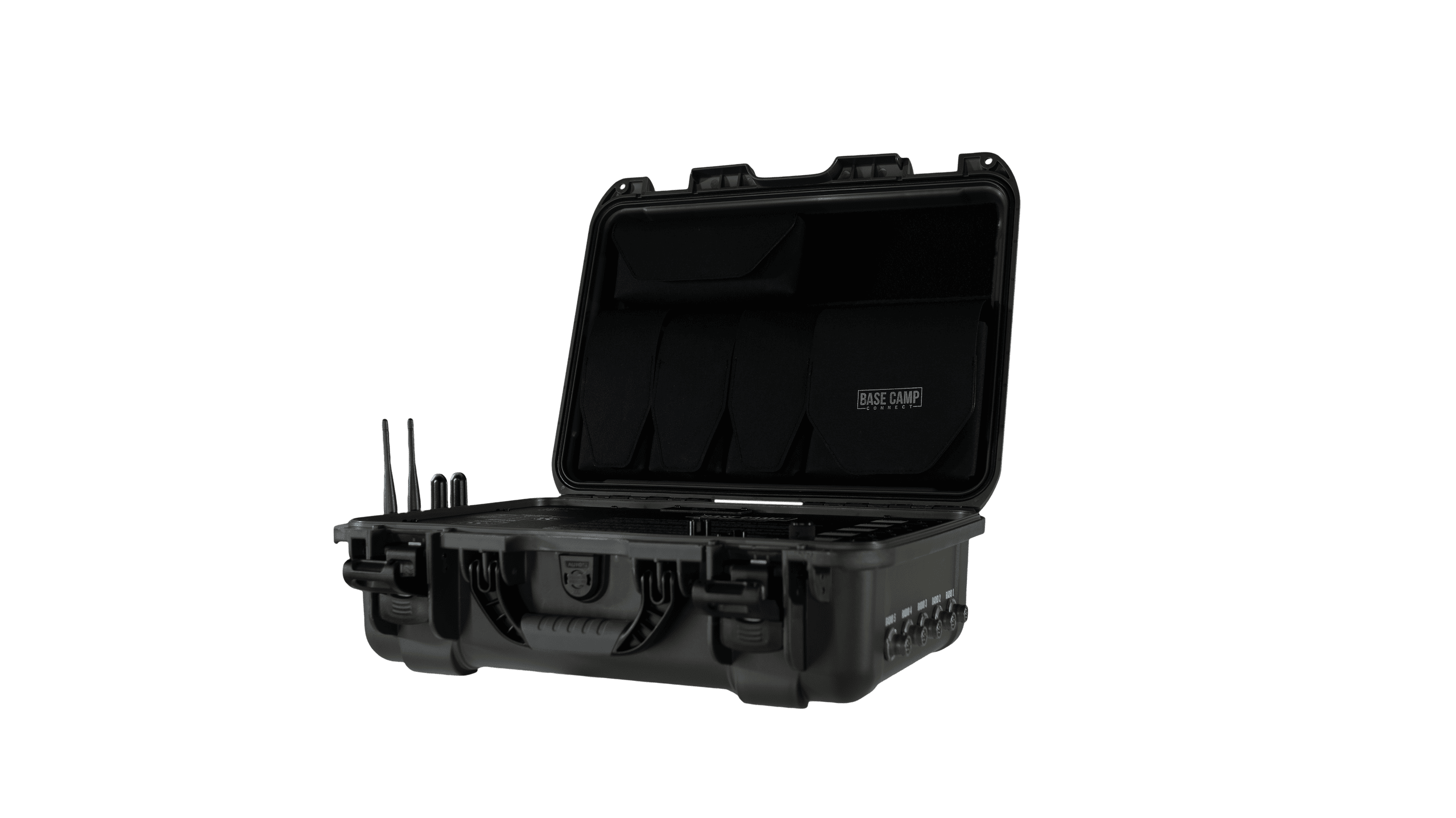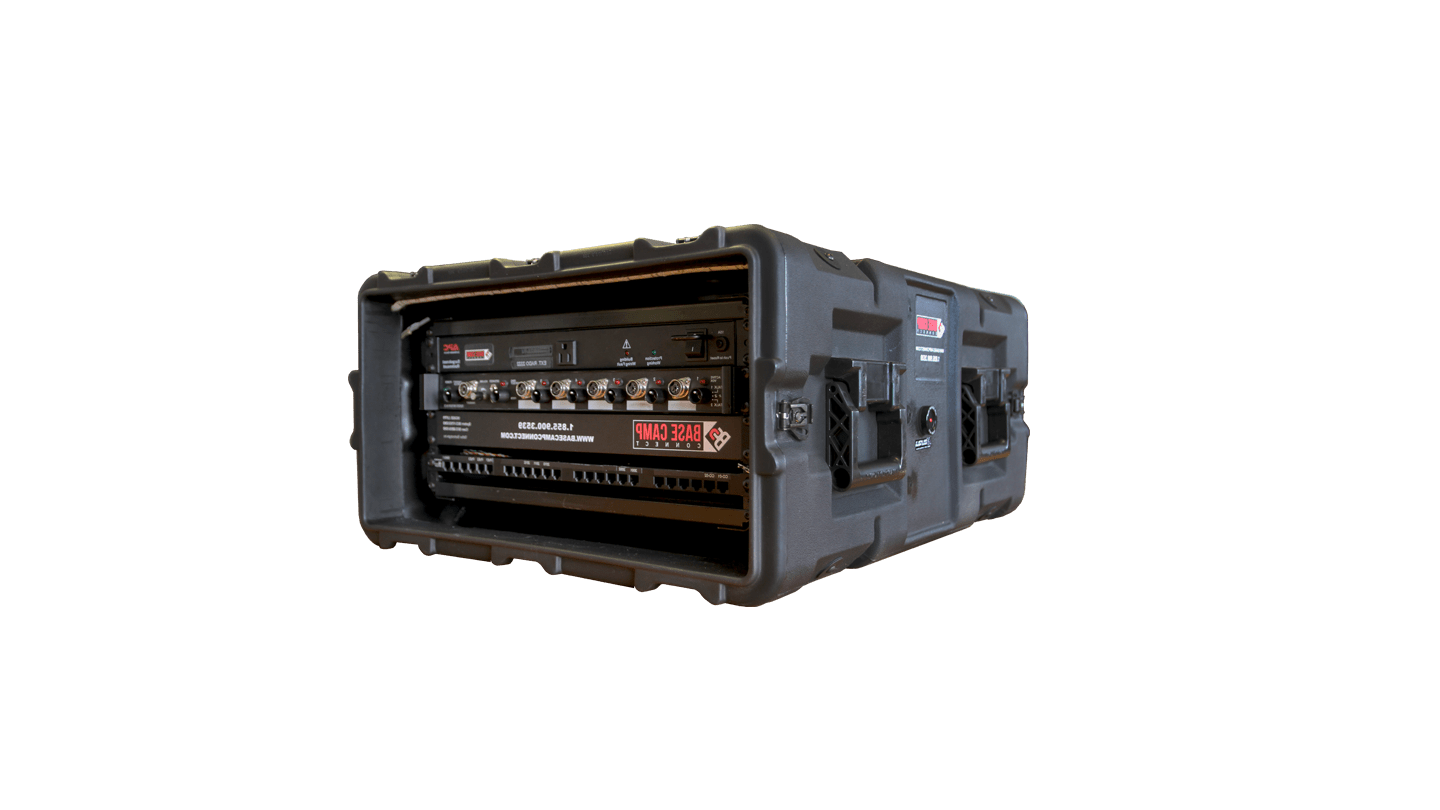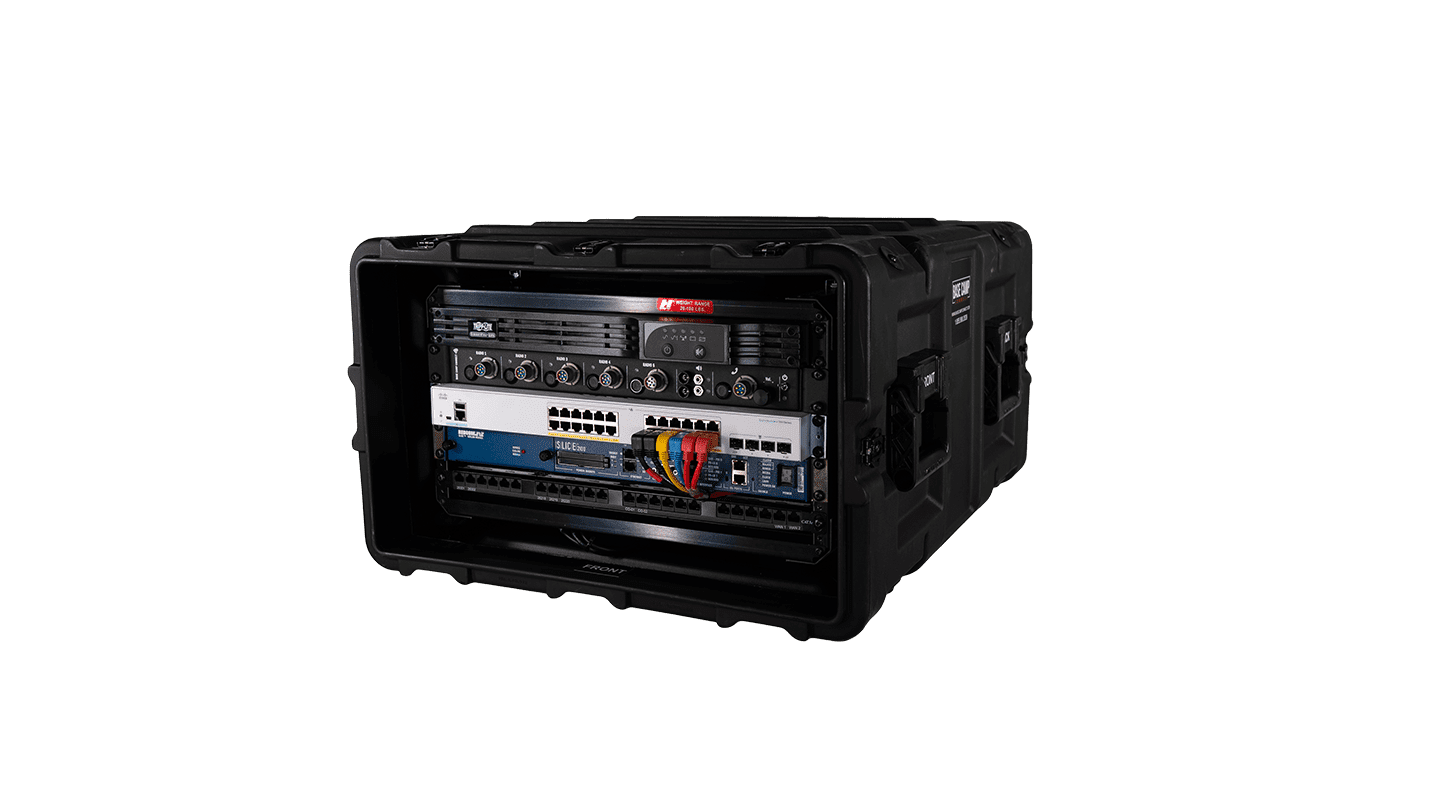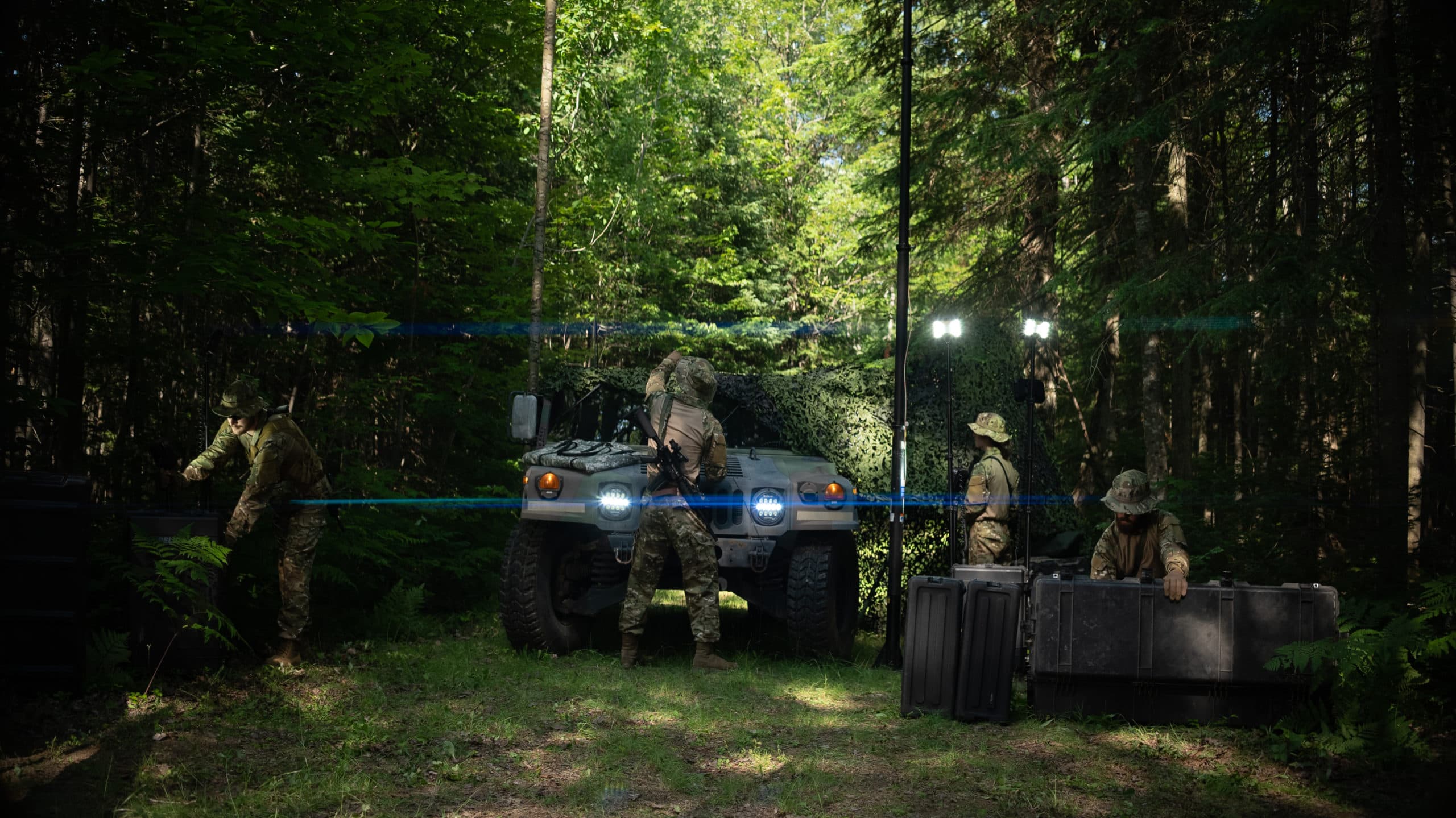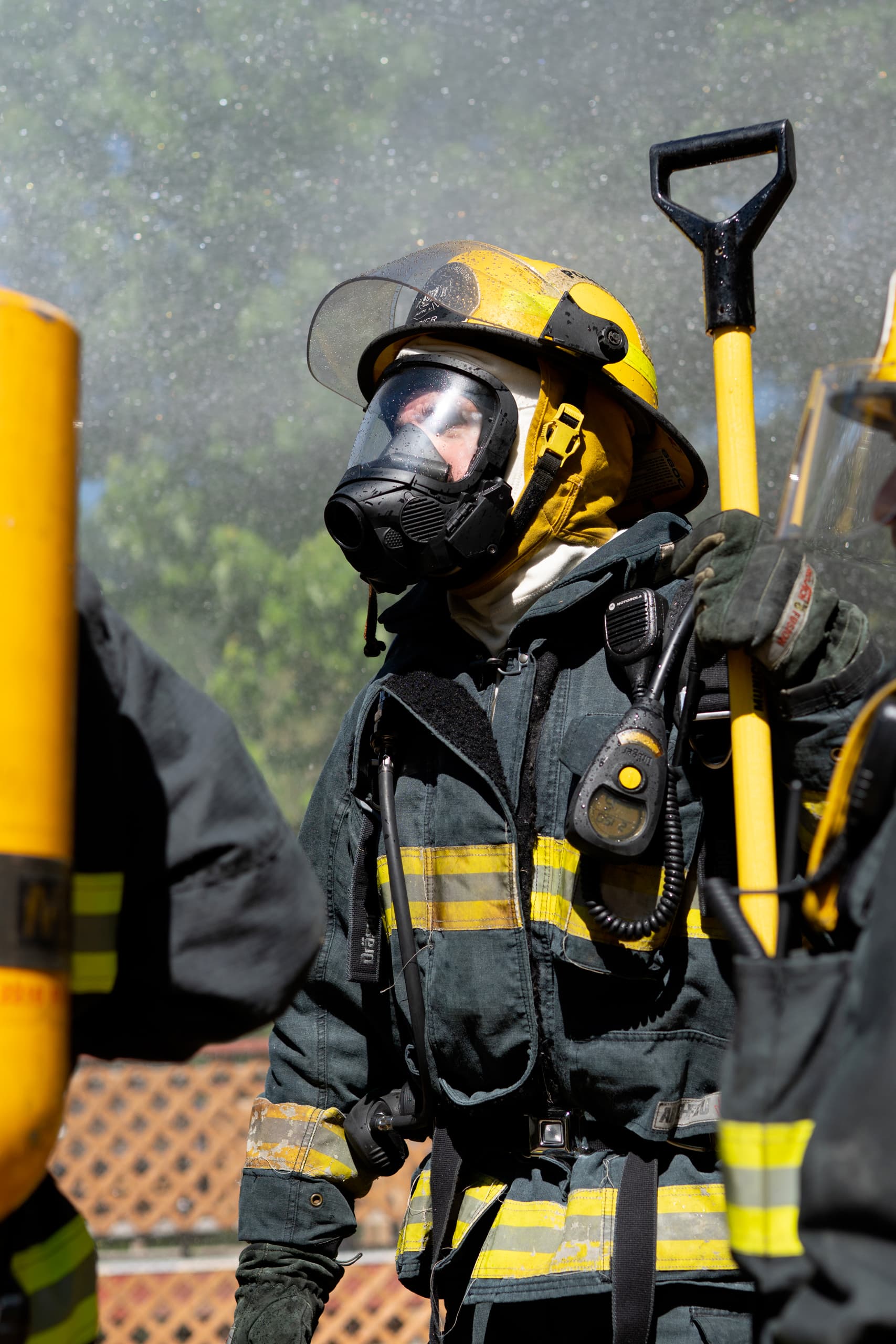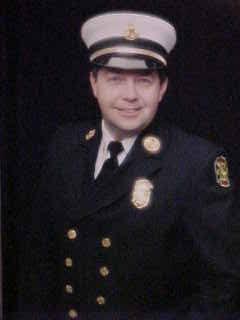I have dealing with emergency communication center issues for a number of years and the issues fall into a couple of simple categories’: people, equipment and training. You can spend millions of dollars buying the best equipment but it is only as good as the person using it.
I have heard some officers say how hard can a dispatchers job be, all they have to do is push the button and talk; oh if it was just that simple. The dispatchers are the first connect the public has to all the emergency services they may need, whether it be a call for medical aid, robbery or fire, these dedicated people are tasked with getting us the right location and as much useful information as possible in the shortest period of time and then pass it along to use and keeping us updated while enroute. The ECC’s today usually are operating multiple computers, radios and phone systems all at the same time. The dispatchers need to take the call, dispatch the proper units to location while giving them all the information they need and then make an entry into the computer system to track the incident. One incident could involve the dispatcher talking on 4 different frequencies to get all the proper units to an incident for example a car accident with injuries, one or two police cars, two fire trucks, one ambulance and city services to clean up the mess.

All the dispatchers are taught how to “use” the equipment but how many are taught to “operate” the equipment. Like I mentioned at the beginning of the article, to use the radio is as simple as pushing the button but to be able to operate the radio, you need to fully understand all of its functions, abilities and features. Most radio system are designed to operate on multiple frequencies like the main dispatch channel, fire ground channel, command and control channel and hazardous materials team channel to name a few. The dispatchers are not just talking, they are also required to be good listeners. They need to be able to hear all of the radio communications from an incident; understand what communications are directed towards them and how they are supposed to process that information or request for resources. The radio systems today are designed with the ability to send out tone signals that will each mean something different. A high / low toning signal could be a designed alert for an emergency like a “mayday” and the dispatchers should have a scripted message that read off over the radio; example TONE “attention all companies operating at Box 123 for 456 Main Street, Engine 3 officer has called a mayday for a firefighter that has fallen through the floor into the basement”. All radio traffic at this point should be limited to emergency traffic involved with mayday.
The dispatchers are a vital link in the communications system for all the emergency services but besides the basic training from a public safety dispatcher class do they get. How many departments have the dispatchers come into the stations as part of their training to hear what they sound like to the customers, the firefighters and police officers on the streets. They need to hear what dispatchers voice sounds like over the radio, do they talk too loud or too close to the microphone, and do they mumble their words and what about background noise. Background noise can easily drown out vital parts of a message and cause a delay in time for having to have to repeat the message again. Sources of background noise can be other radios in dispatch, printers, people talking and a television set. Sometimes, the microphone can be the biggest offender; an omni-direction microphone will pick up sound from every direction in the room and will add to the background noise issue. A good dispatcher needs to be aware of these sources and being able to control the ones within their power is a must. I would like to say all departments today are recording all their 911 calls and radio traffic and this can be a good source of training material for dispatchers; have the dispatcher go back and listen to a specific call and see if they can see what possible issues were and how they can be corrected. For a dispatcher to be able to be in the fire station hear what a dispatch sounds like there or in a police car with the siren going to see if their messages are coming through loud and clear enough for the officers to all the information they will need to safely respond to a call.
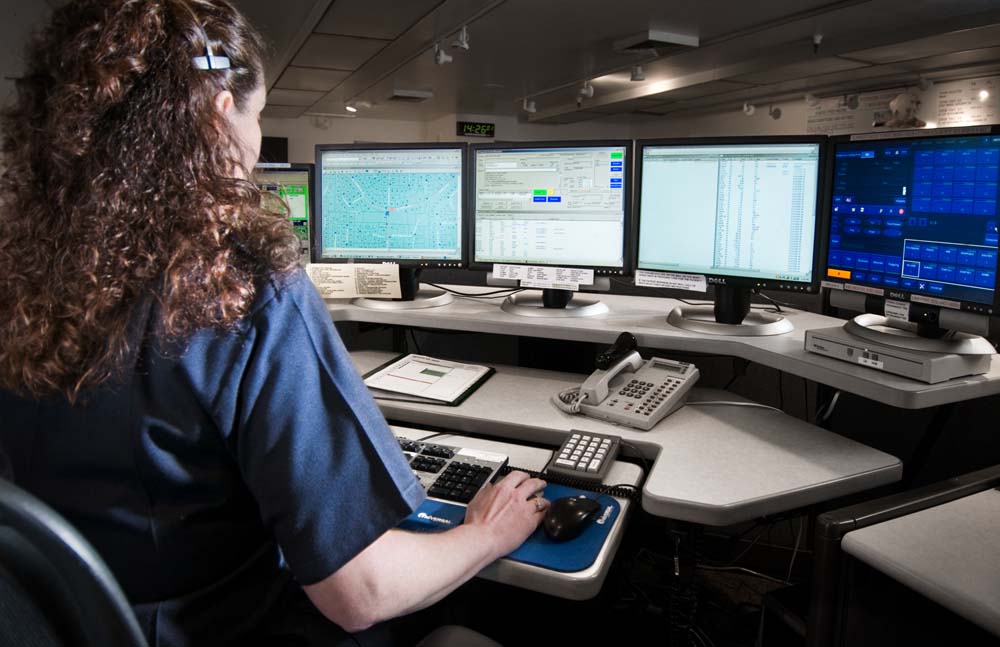
It is now 2:07 am, a serious thunder storm with a possible tornado has just run down Main Street and there are buildings and trees down and power is out. The roof of the ECC has blown off and you know you have to move your operations to the EOC. Have your dispatchers been fully trained on the radio equipment in the EOC? Are the radios in the EOC the same as the ECC? When was the last time the radio frequencies have been updated on those radios? Who has a key to closet to get access to the equipment or is all left out for immediate use? Can you transfer the 911 phone calls to this location? If you have wired or wireless master boxes tied to fire alarm systems, how are those signals going to be monitored from the EOC? If the emergency manager orders the EOC to be activated and stood up for the storm, will all the personnel coming to this location know how to use the equipment there, do they have a designated computer and phone, are their passwords to gain access to the computers? The answers to these and many more questions can be figured out in one simple way, PRACTICE!!!
Click here to read the article: What happens when the emegency takes out your ECC/EOC?
